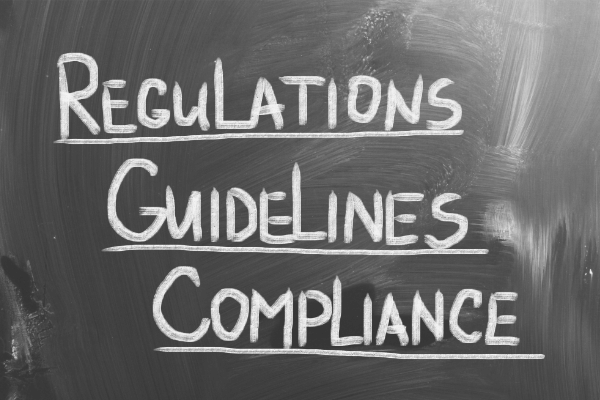A guide to oil water separation regulations in Australia, and the penalties incurred for non-compliance
This article outlines what you need to know about oil water separator discharge regulations in Australia.
Clearwaste provides a wide range of oil water separator services to help you remain compliant with the EPA and your local authority.
Contact us today to get a tailored solution for your business.
Trade industries generate many types of liquid wastes as a by-product of their manufacturing processes and operations, some of which are classified as prohibited substances. This includes trade wastewater.
If released into the sewerage system without treatment, this trade wastewater can damage the environment and contaminate our drinking water.
This is why an oil water separator is so important. It pre-treats the wastewater you discharge and ensures you’re limiting the amount of hazardous chemicals and materials being released into the sewerage system.
The governing legislation
The Unauthorised Discharge Regulations 2004 of the Environmental Protection Act 1986 (the Act) lays out the oily water regulations and governs the discharge of trade wastewater. It makes it illegal to discharge hazardous substances, such as hydrocarbons, into groundwater or the stormwater system.
The governing body
The Environmental Protection Authority (EPA) is the main regulator that governs the prevention, control, and monitoring of pollution levels in Australia. They’re the body that creates environmental policies and guidelines, and ensures compliance with environmental regulations.
How to remain compliant with oil water discharge regulations
Your local water authority will issue you with a permit that guides the safe levels and costs for discharging your wastewater. This will change depending on your local authority.
In some cases, they may require you to install an approved oil water separator prior to applying for a permit, and provide evidence of a servicing schedule.
If you don’t comply with the regulations set out in your permit, you can be issued a warning fine—or have your site shut down until you comply with the conditions. The cost of this fine will depend on your local council’s regulations.
Maintaining compliance
Regular inspection and maintenance of your oil water separator will keep it working at optimal efficiency. You’ll be able to make sure there’s no suspended debris or trapped oils, and ensure you remain compliant with your permit’s regulations.
To maintain compliance with the EPA and your local water authority, you must create a thorough maintenance and inspection plan for your oil water separator. This should clearly state the unit guidelines and maintenance practices, any safety & health procedures, and arrangements for wastewater disposal. In order to ensure compliance, you can prepare these in consultation with the people undertaking maintenance of your oil water separator.
Clearwaste will ensure your business’ oil water separator remains compliant with the EPA and your local water authority.
Contact us today to discuss your business’ requirements.

